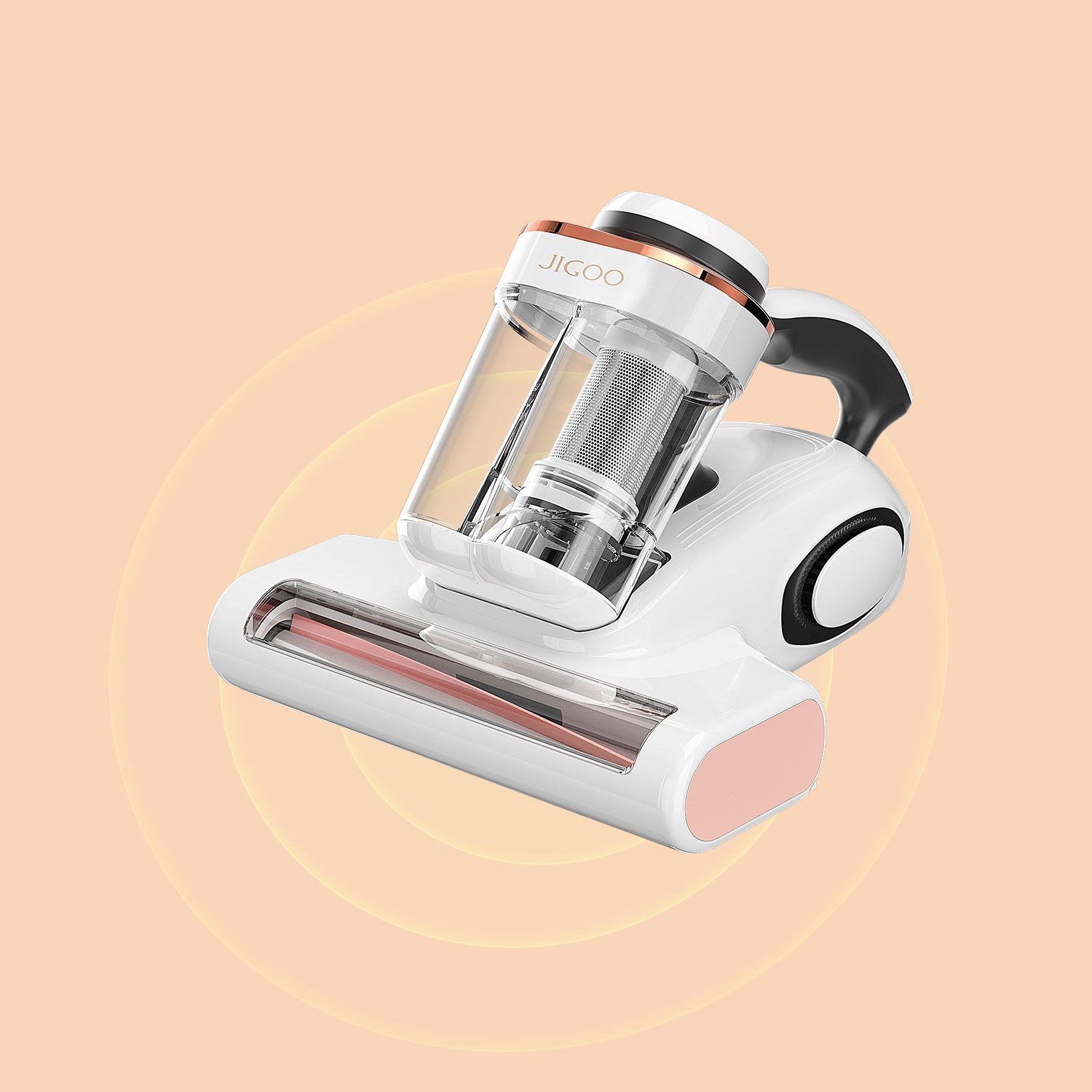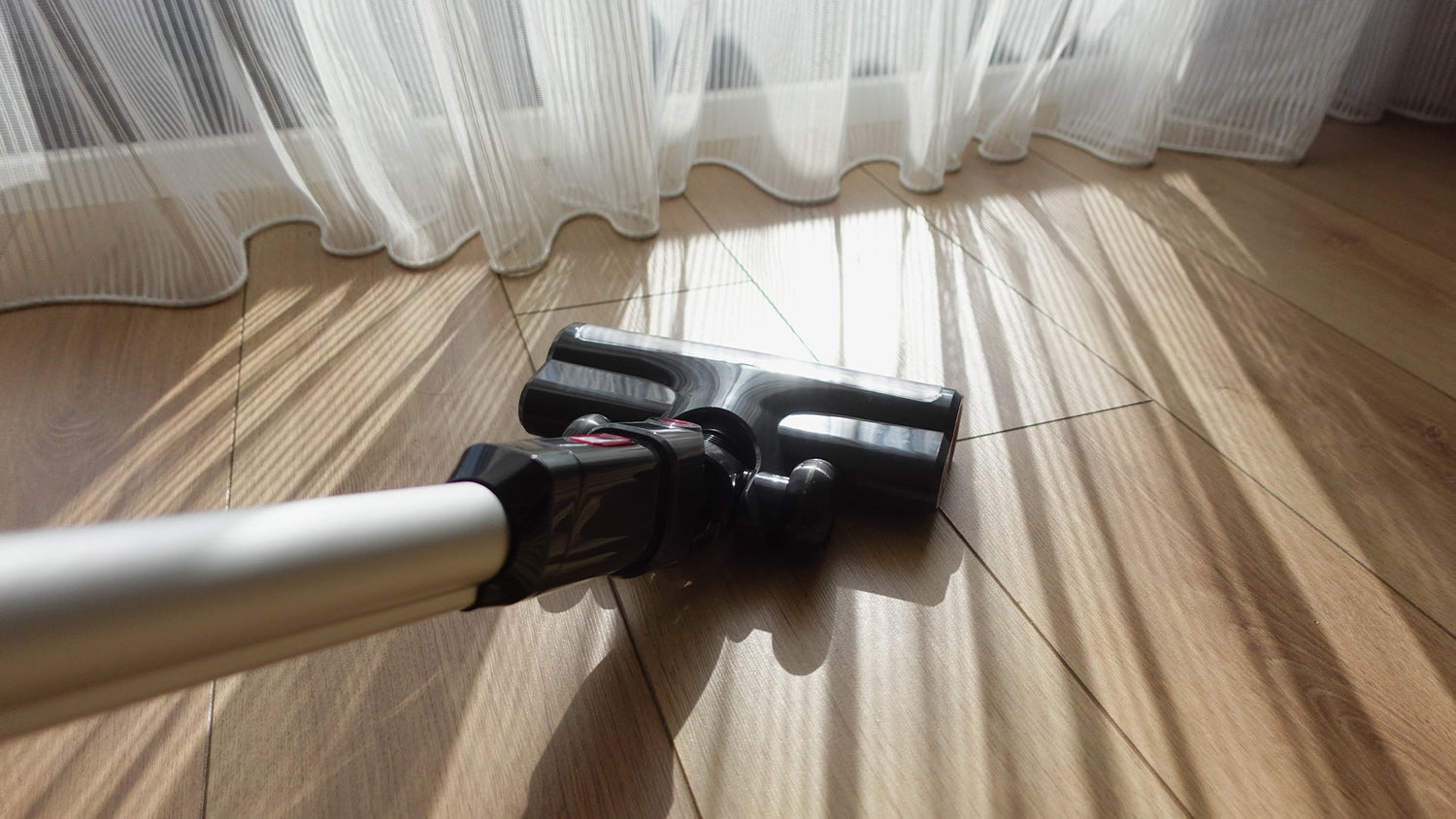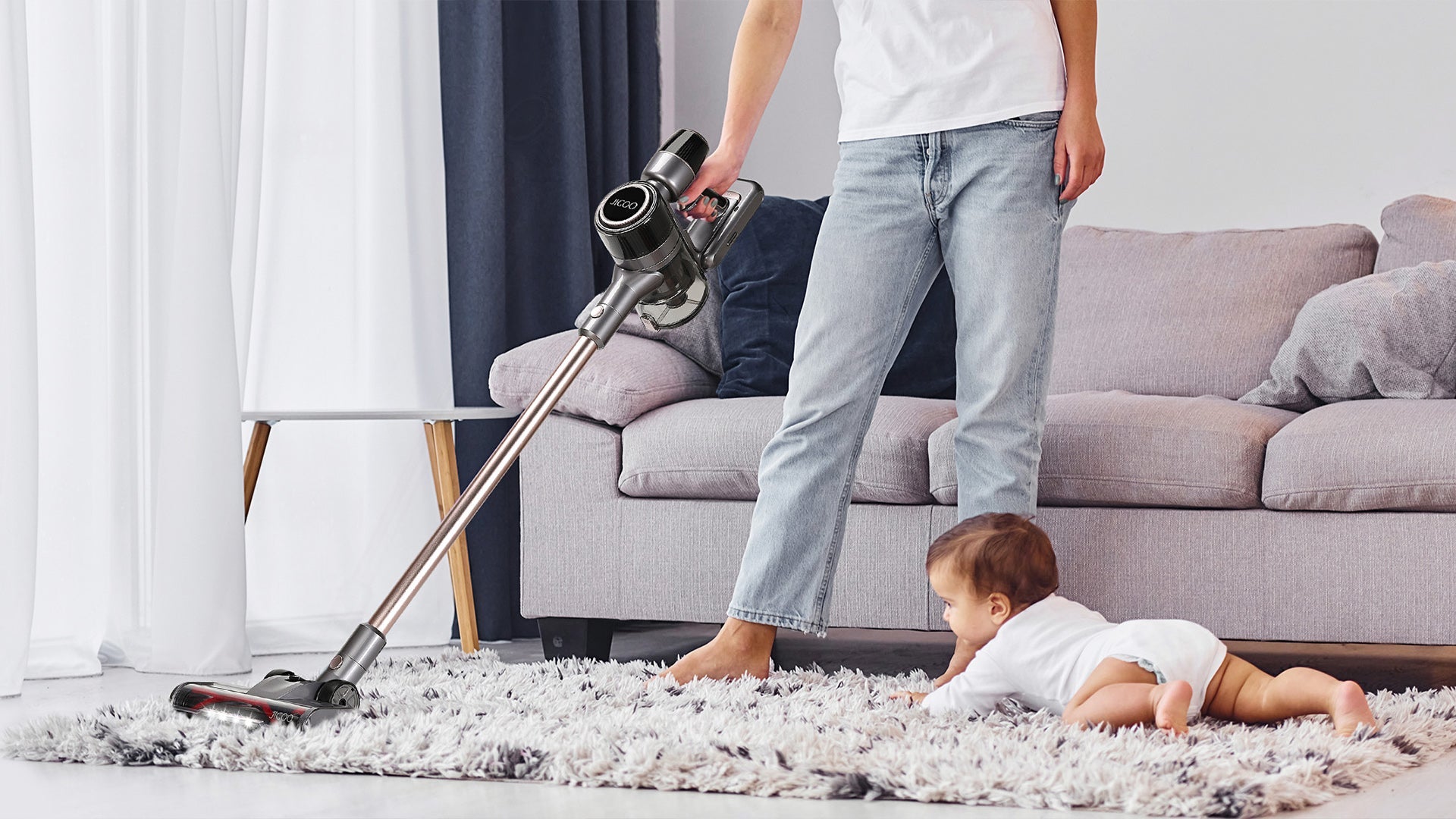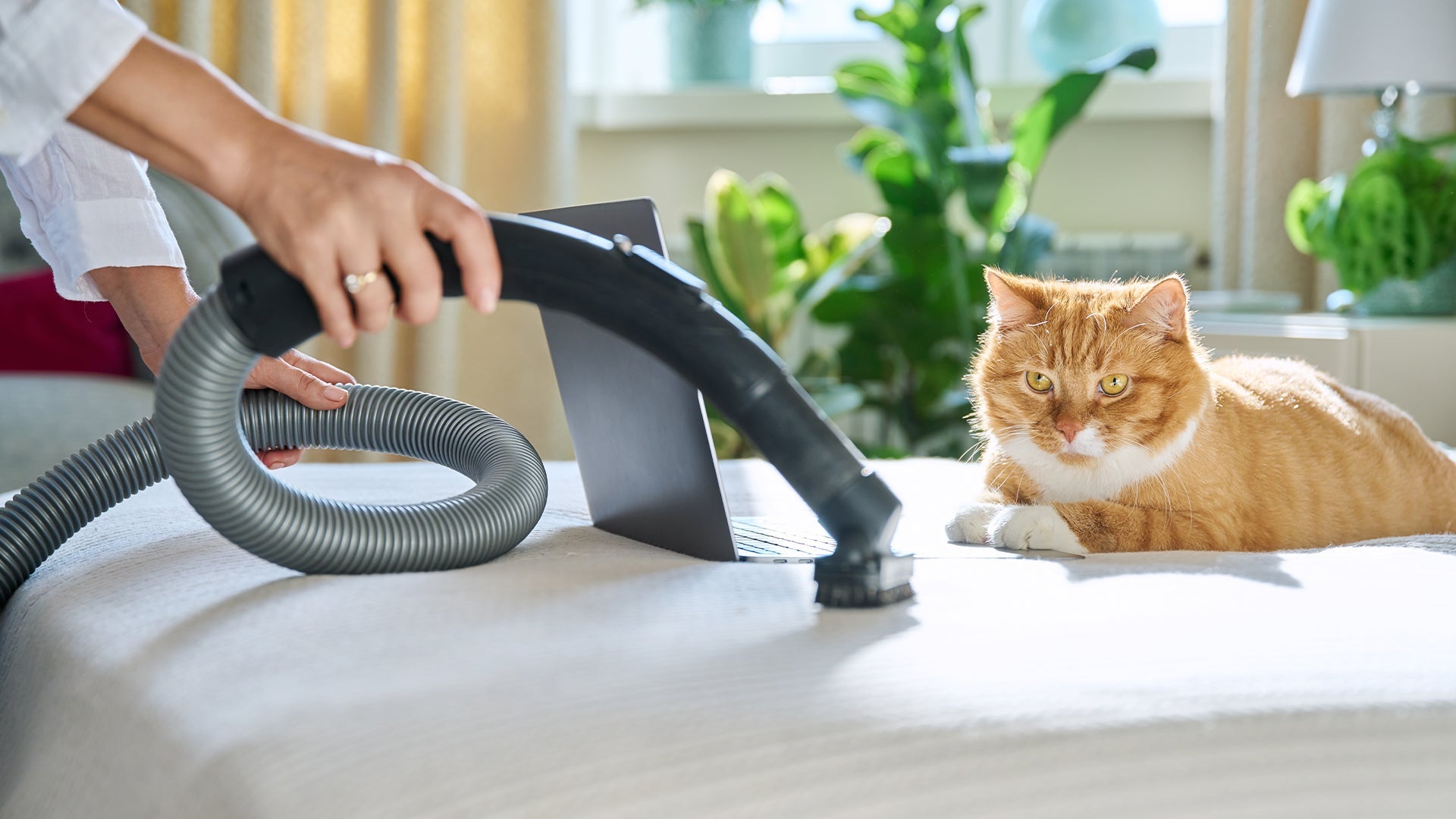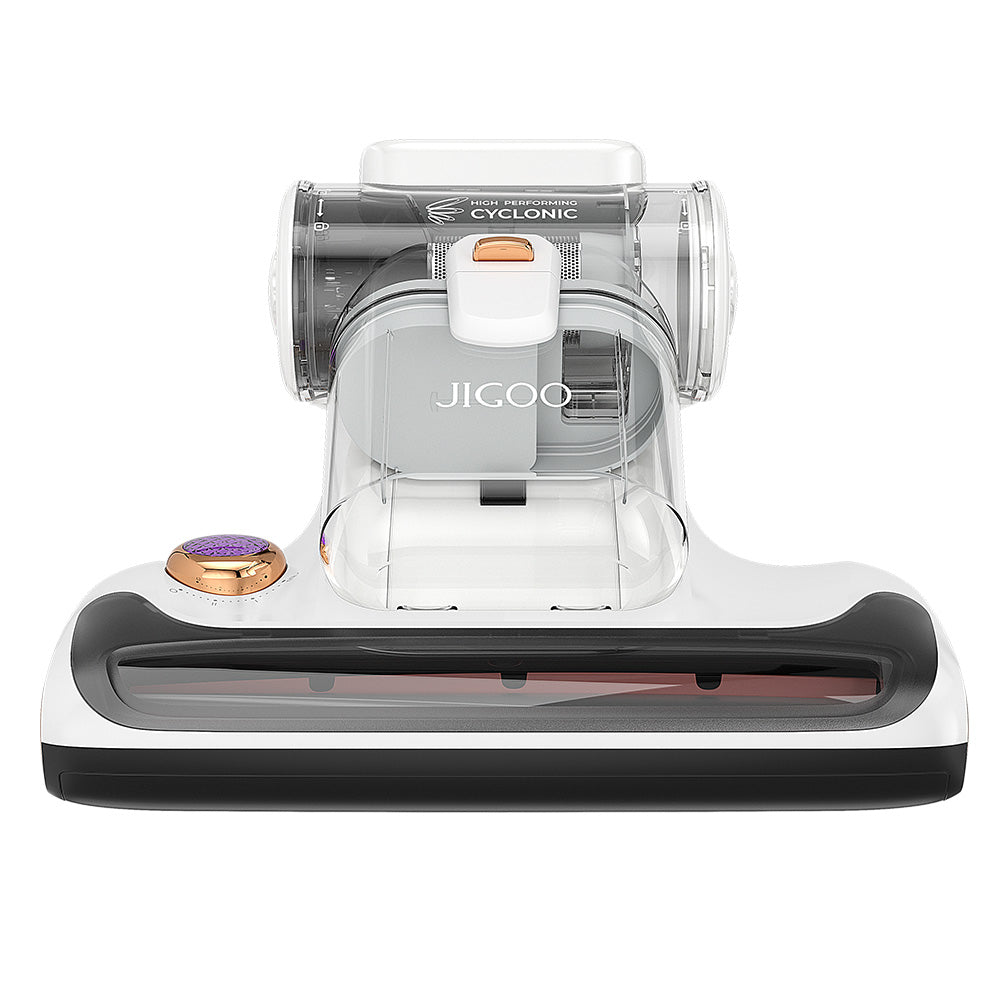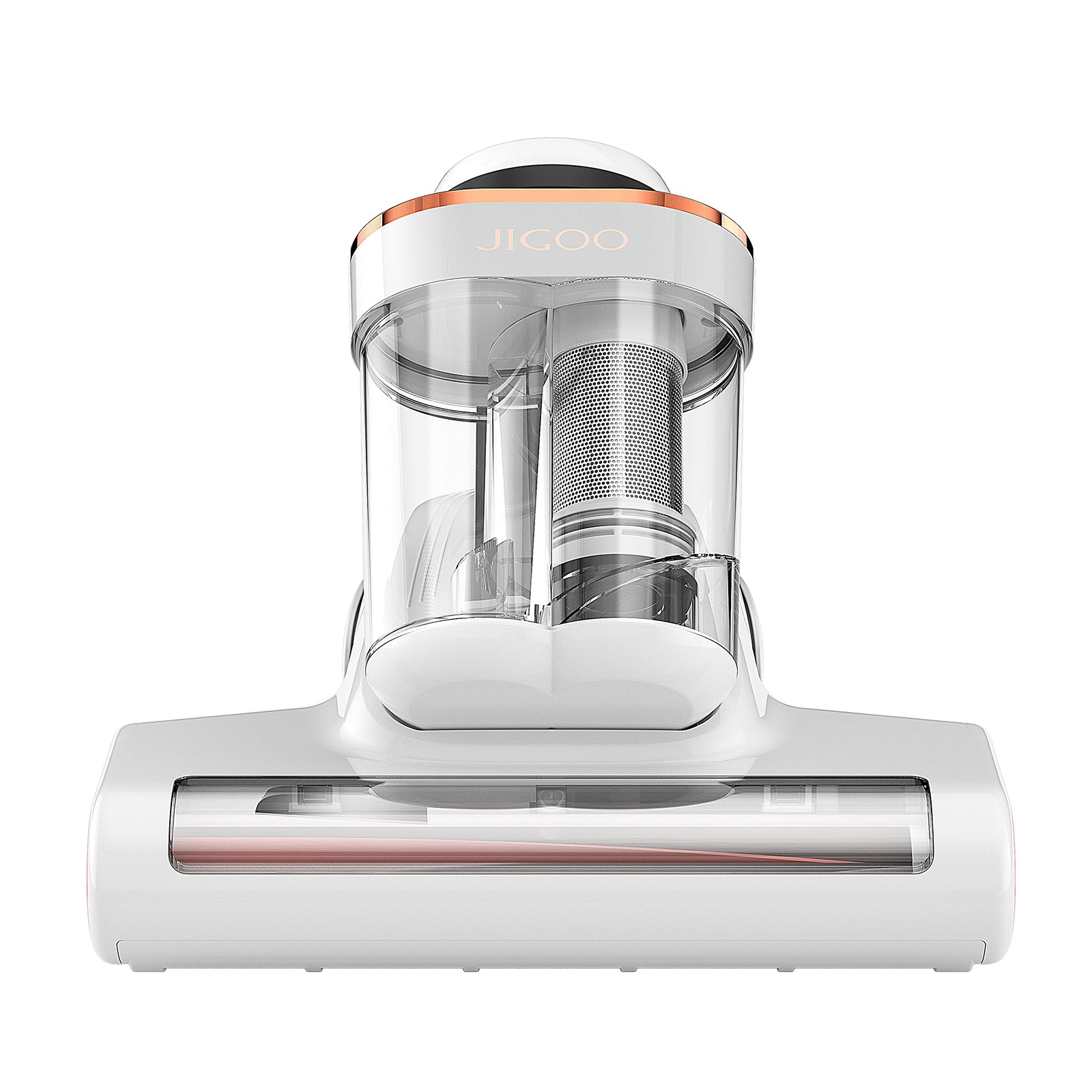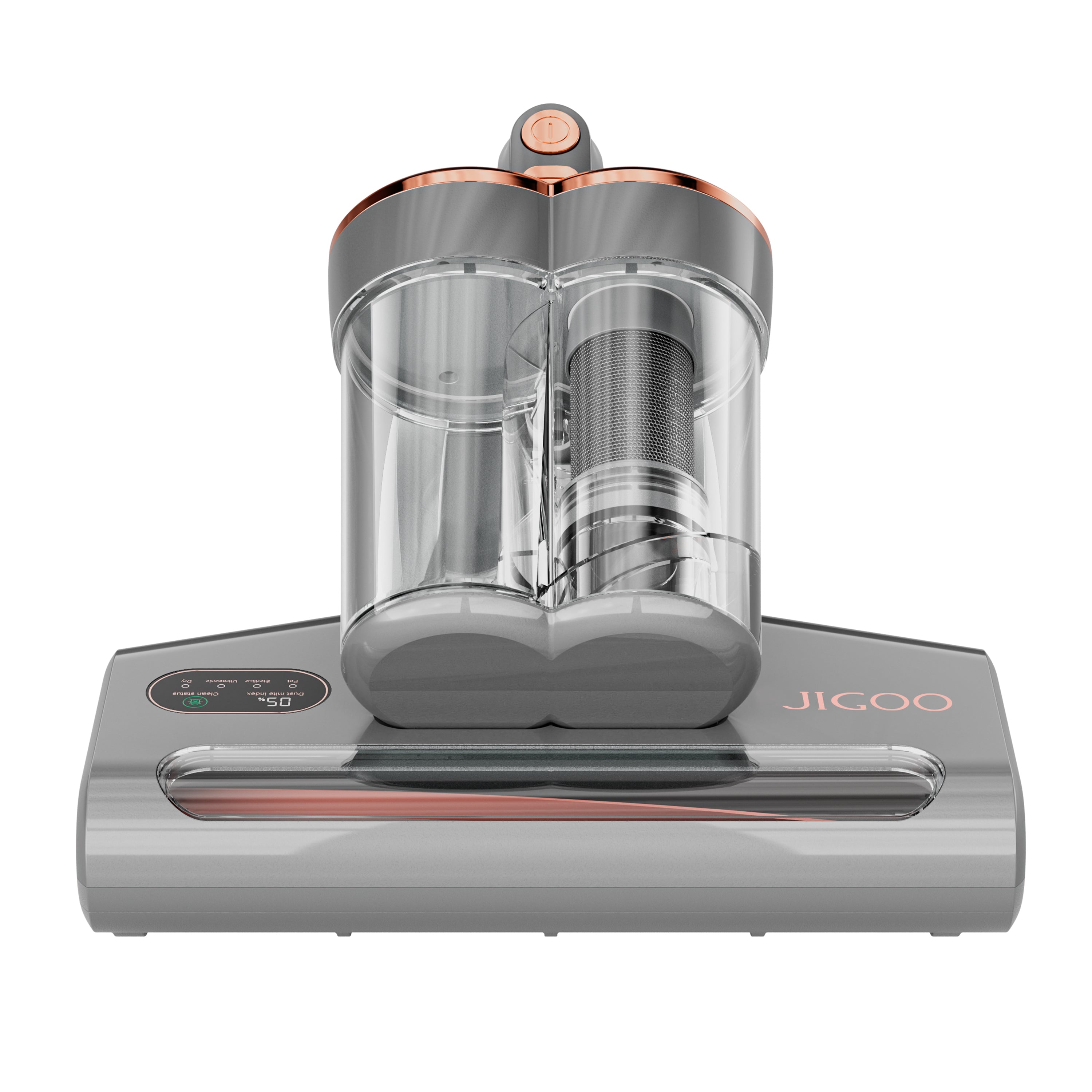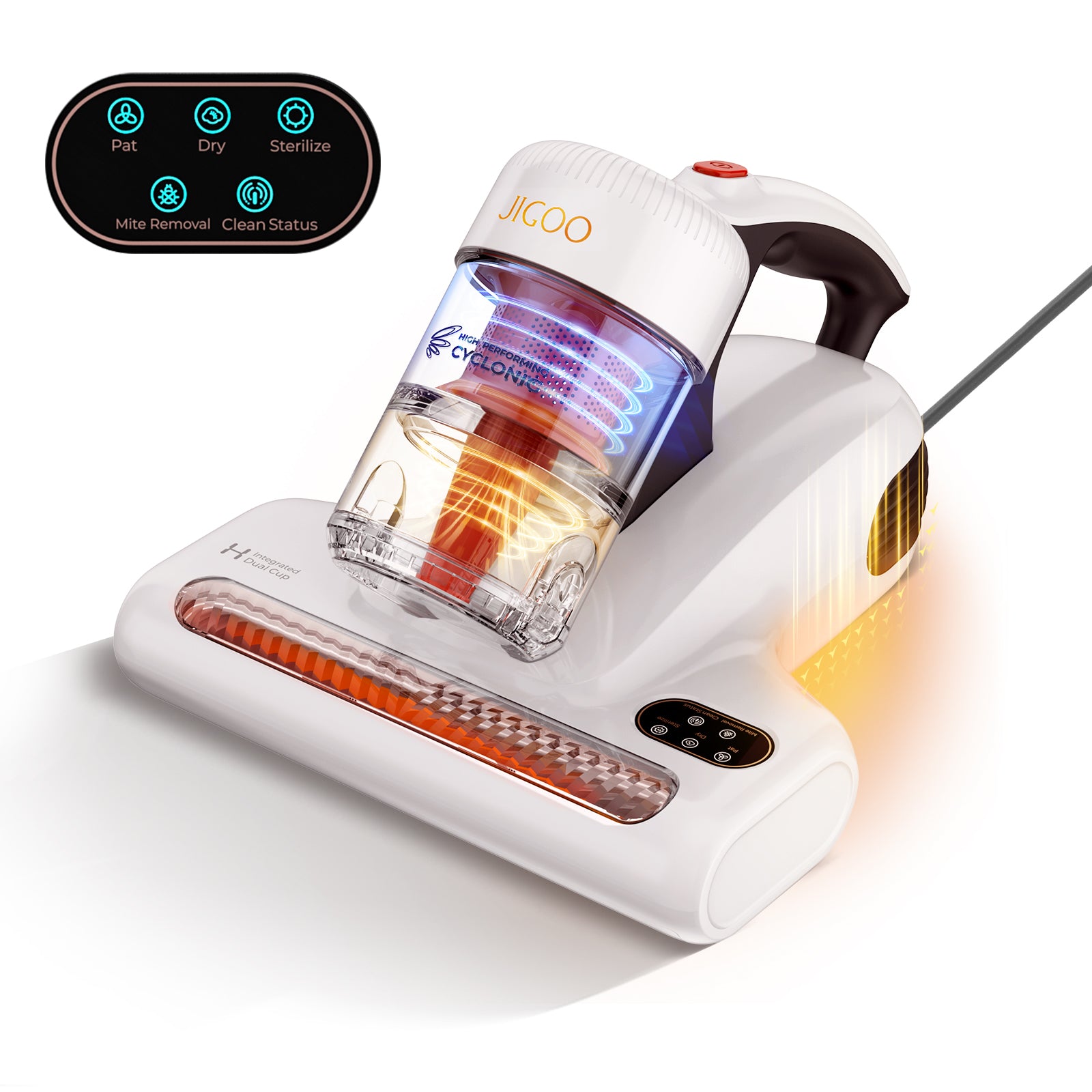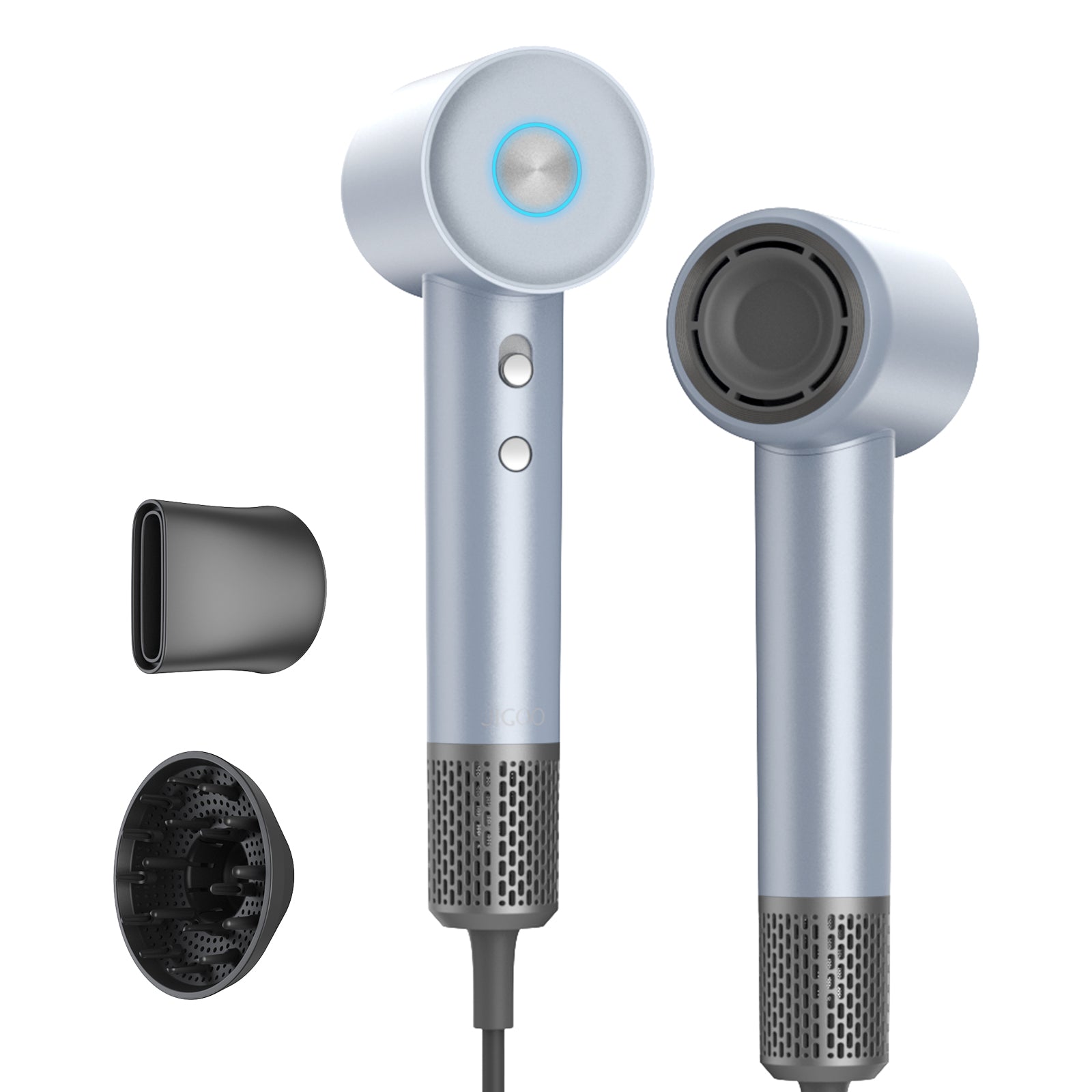Vacuuming regularly is an essential part of maintaining a clean and healthy home environment. Dust, dirt, pet dander, and other allergens can accumulate quickly, leading to poor indoor air quality and potential health issues. In this blog post, we will discuss the factors to consider when determining how often you should vacuum, the recommended vacuuming frequency based on different household setups, signs that indicate you need to vacuum more often, and tips for maintaining a clean home in between vacuuming sessions.
Factors to Consider
Size of the household: The size of your household will play a significant role in how often you should vacuum. Larger households with more occupants will likely require more frequent vacuuming to keep up with the increased foot traffic and messes.
Number of occupants: The more people living in your home, the more dirt and debris will be tracked in from outside. Consider the number of people in your household when determining your vacuuming schedule.
Pets: Pets, especially those that shed fur, can contribute to a significant amount of dirt and hair in your home. If you have pets, you may need to vacuum more often to keep up with the mess.
Indoor activities: Certain indoor activities, such as crafting or playing sports indoors, can lead to more messes and dirt in your home. Take into account your household's indoor activities when deciding how often to vacuum.

Type of Flooring
Carpet: Carpets tend to trap dirt, dust, and allergens more easily than other types of flooring. If you have carpeted floors, you may need to vacuum more frequently to maintain a clean environment.
Hardwood: Hardwood floors are easier to clean than carpets, but they still require regular vacuuming to remove dirt and debris. Consider the type of finish on your hardwood floors when determining your vacuuming schedule.
Tiles: Tile floors are generally easier to clean than carpets and hardwood floors, but they can still collect dirt and grime. Vacuuming tile floors regularly can help keep them looking clean and prevent the buildup of dirt and allergens.

Lifestyle
Frequency of visitors: If you frequently have guests over, especially those who wear shoes indoors, you may need to vacuum more often to keep up with the increased foot traffic.
Smoking habits: Smoking indoors can lead to a buildup of smoke residue and odors, which can be difficult to remove. If you or someone in your household smokes, you may need to vacuum more frequently to maintain a clean environment.
Allergies: If you or someone in your household suffers from allergies, regular vacuuming is crucial to remove allergens such as dust mites, pet dander, and pollen. Vacuuming can help improve indoor air quality and reduce allergy symptoms.
Recommended Vacuuming Frequency
General guidelines for different household setups:
- For a small household with no pets, vacuuming once or twice a week may be sufficient.
- For a larger household with pets, you may need to vacuum every day or every other day.
- High-traffic areas, such as entryways and living rooms, may need to be vacuumed more frequently than other areas of the home.
Tips for maintaining a clean home in between vacuuming sessions:
- Use doormats at entryways to trap dirt and debris before it enters your home.
- Clean up spills and messes promptly to prevent stains and odors.
- Dust and wipe down surfaces regularly to prevent the buildup of dust and allergens.
Signs You Need to Vacuum More Often
Common indicators of a dirty environment:
- Visible dirt, dust, or pet hair on floors and surfaces
- Musty or unpleasant odors in the home
- Increased allergy symptoms, such as sneezing or coughing
How frequent vacuuming can enhance indoor air quality:
- Regular vacuuming can remove allergens and pollutants from your home, improving indoor air quality and reducing the risk of respiratory issues.
- Vacuuming can also help extend the life of your flooring and furniture by preventing dirt and debris from building up.
Conclusion
In conclusion, how often you should vacuum will depend on various factors such as the size of your household, the type of flooring you have, your lifestyle, and any allergies or health concerns. By considering these factors and following the recommended vacuuming frequency guidelines, you can maintain a clean and healthy home environment for you and your family. Remember to pay attention to signs that indicate you need to vacuum more often and take steps to improve indoor air quality through regular cleaning. Establishing a vacuuming routine suited to your living situation will help you keep your home looking and feeling clean year-round.

